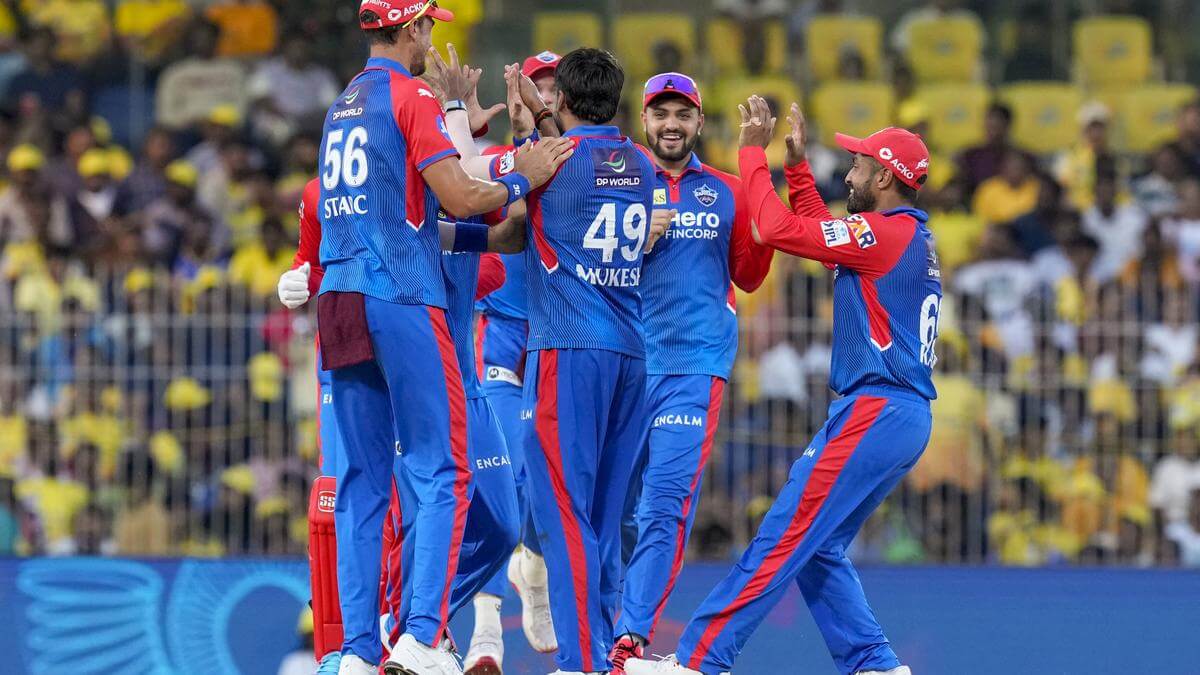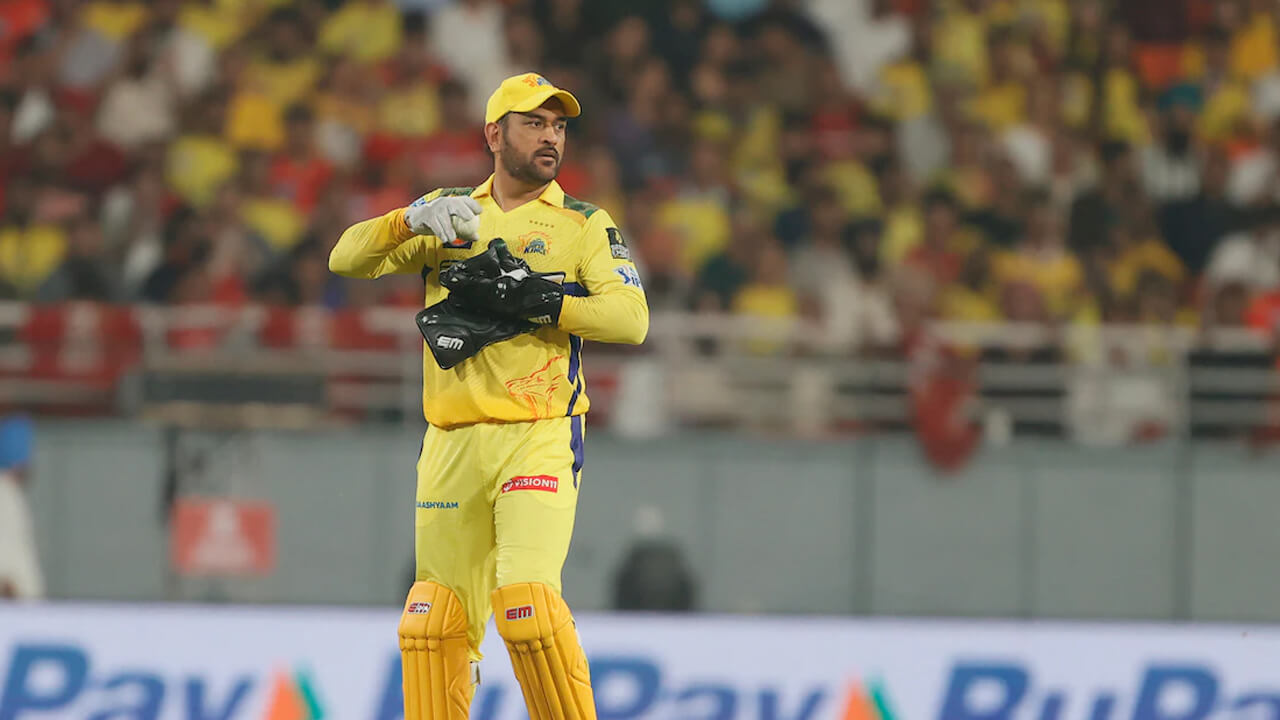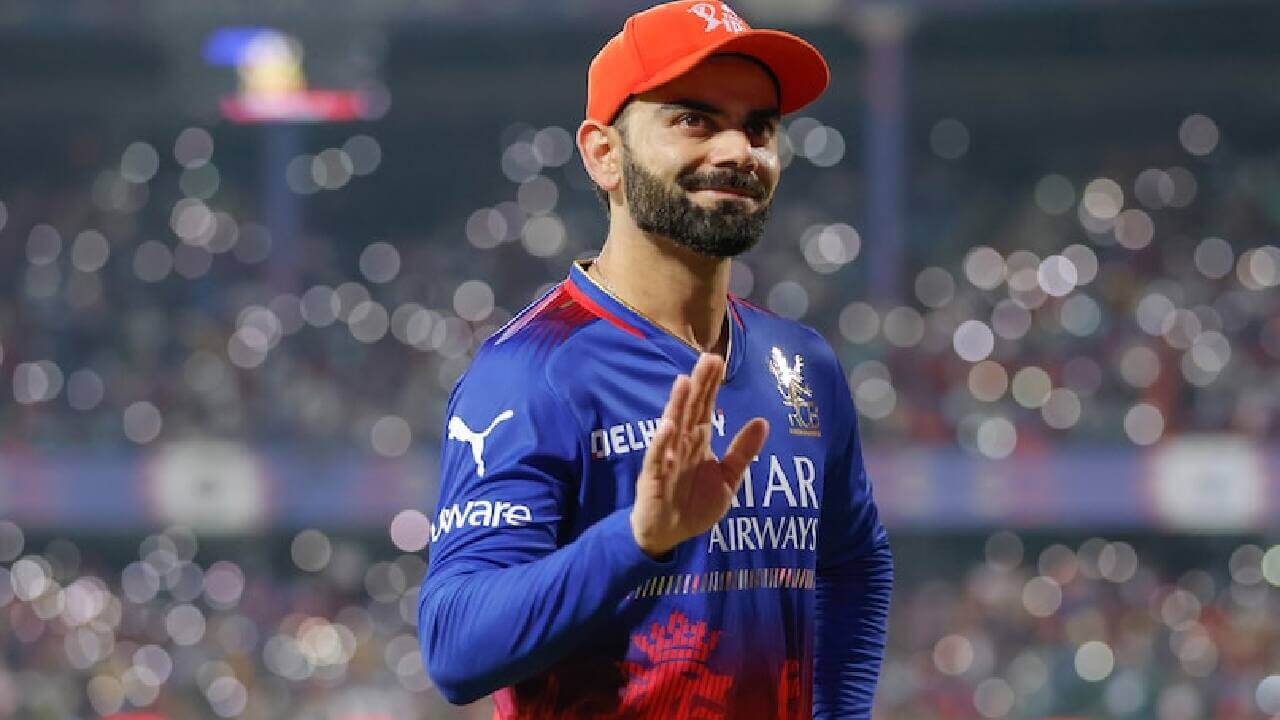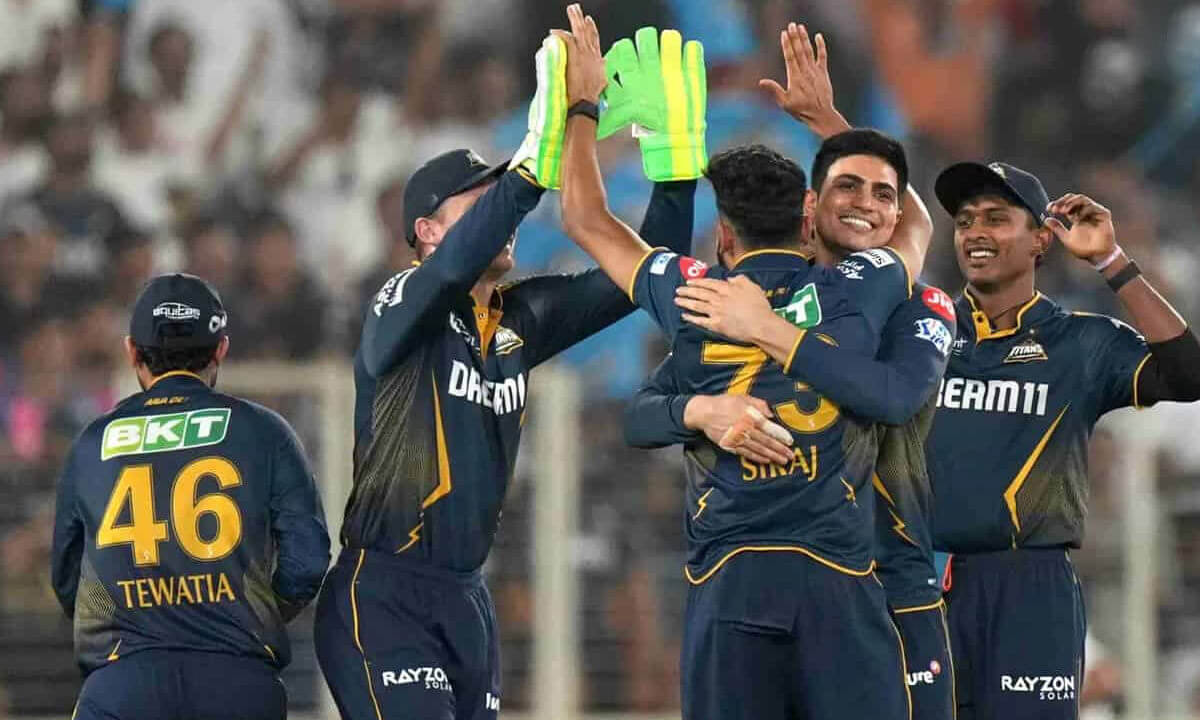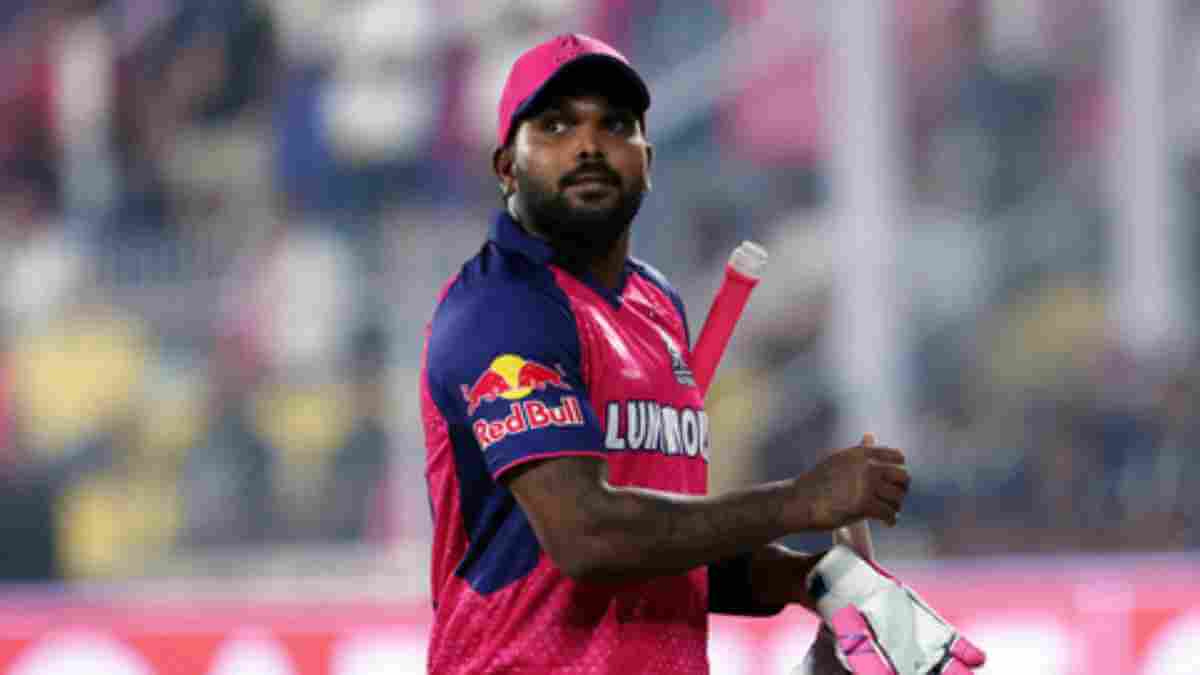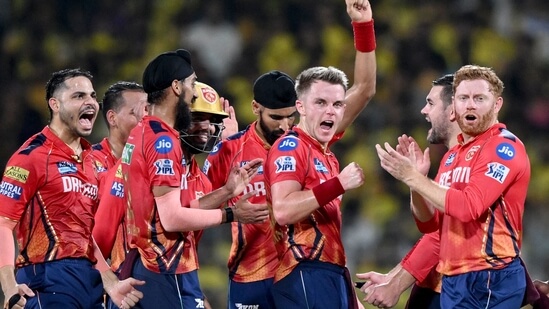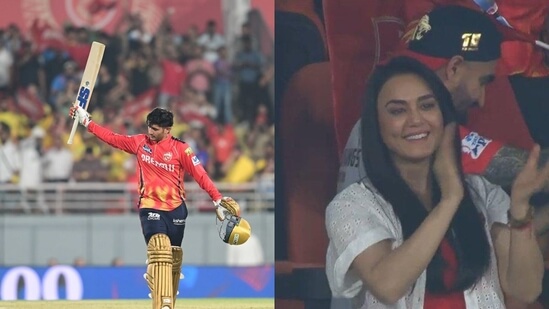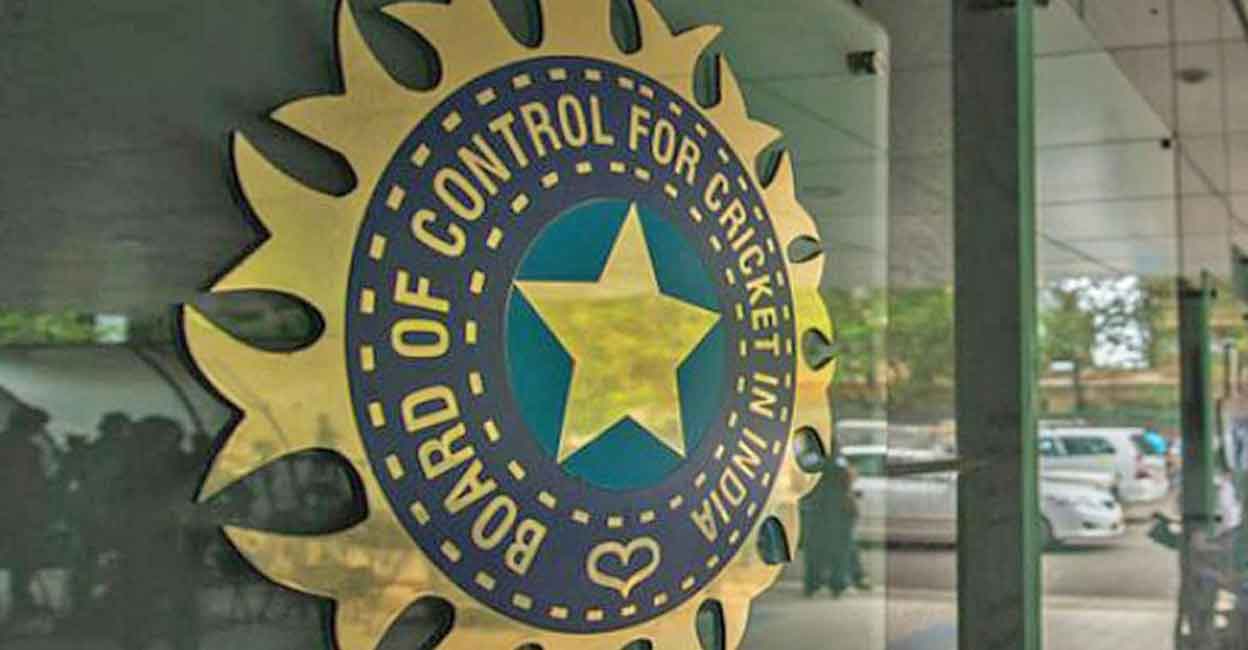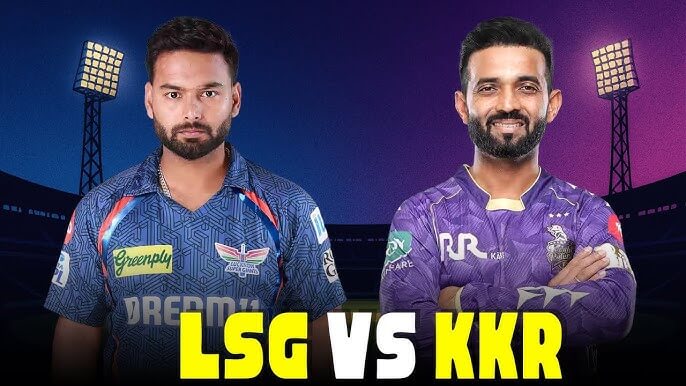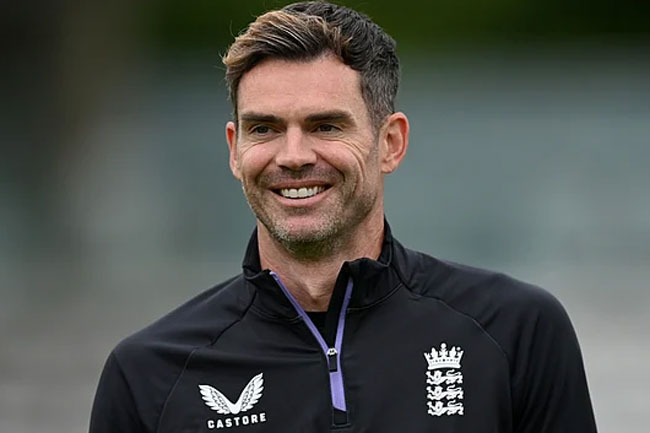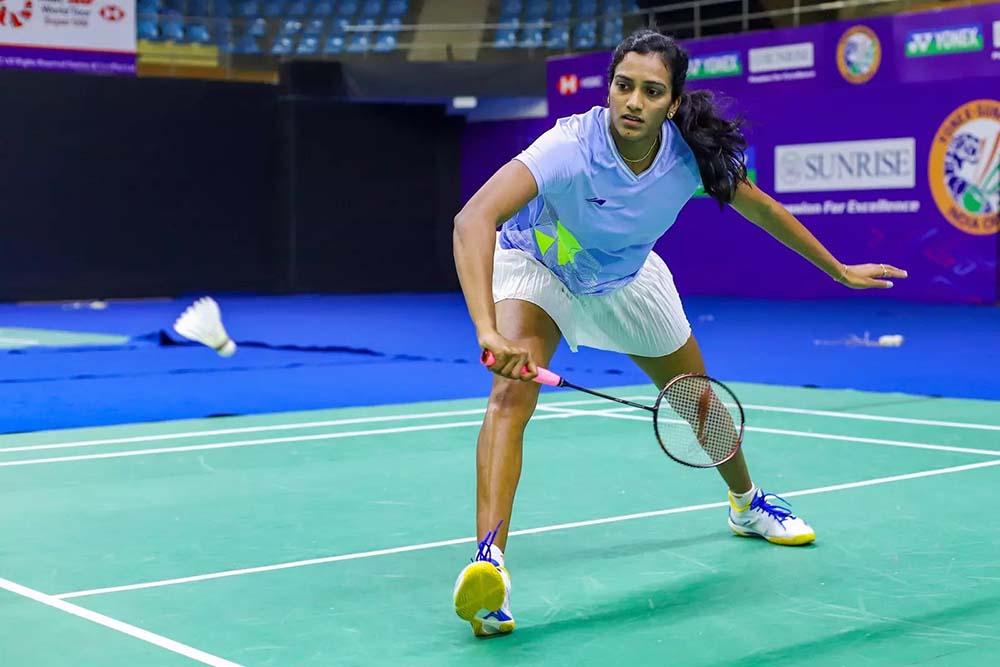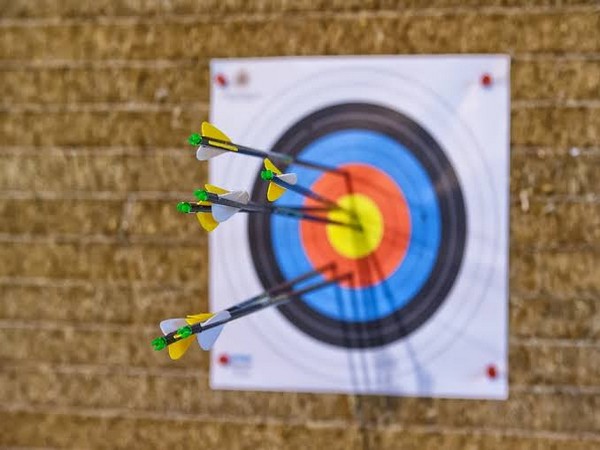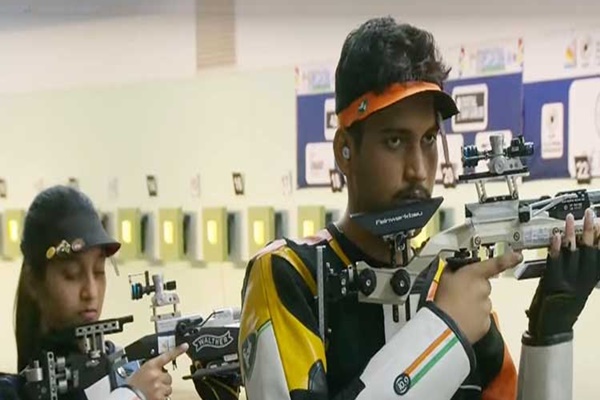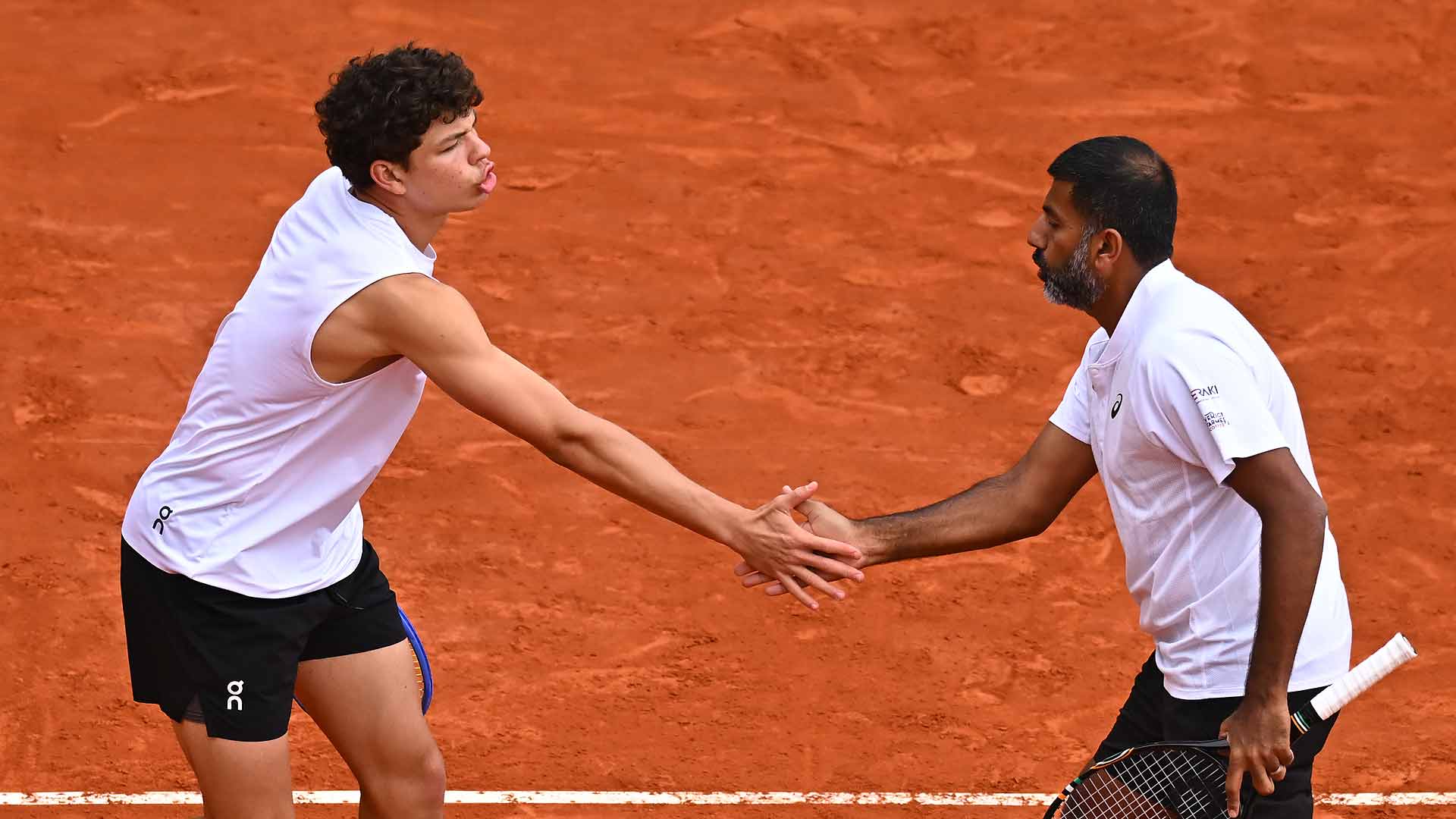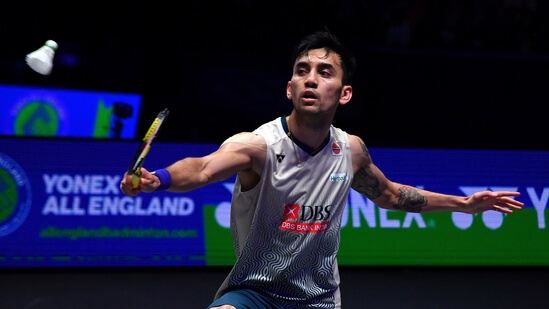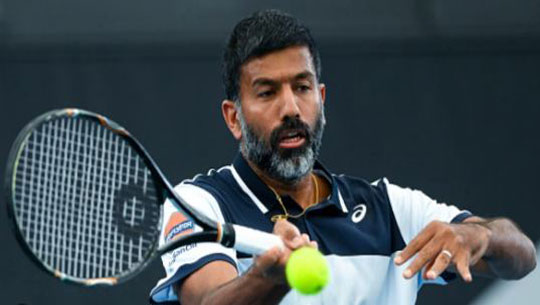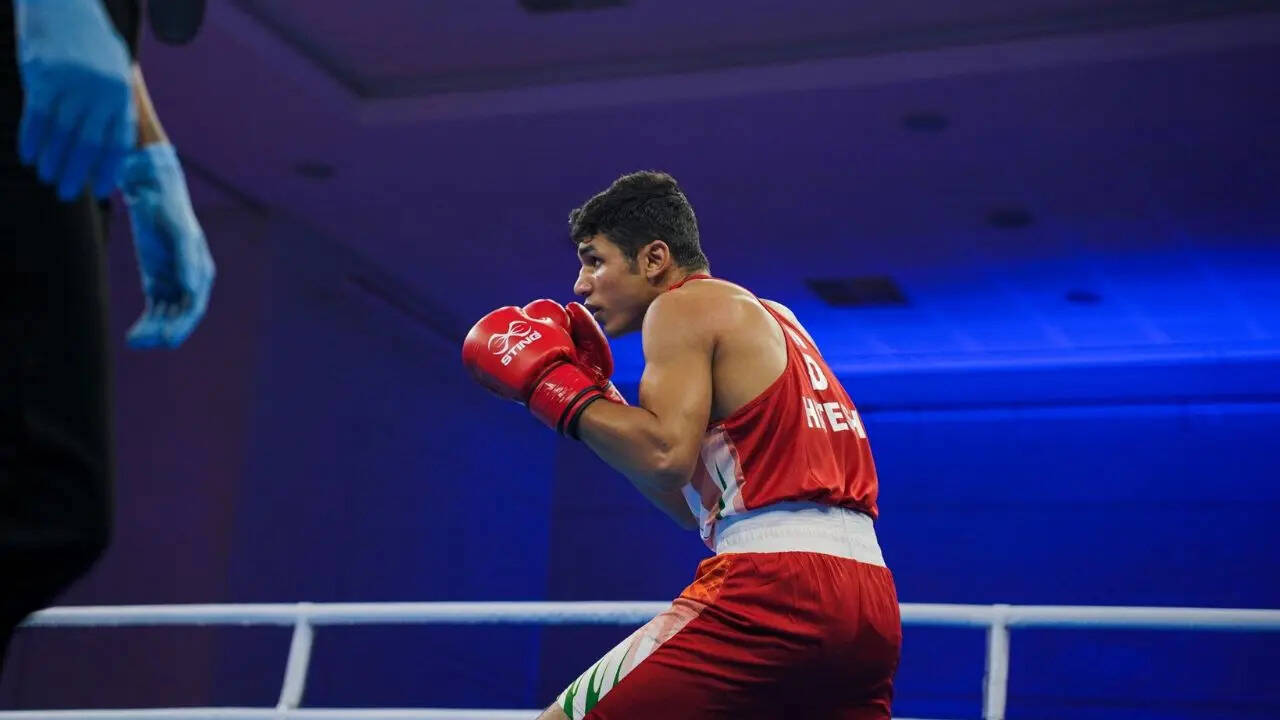IND vs BAN: Virat Kohli leaves Sachin Tendulkar behind, completes 27,000 runs in international cricket
Tue 01 Oct 2024, 01:17:26
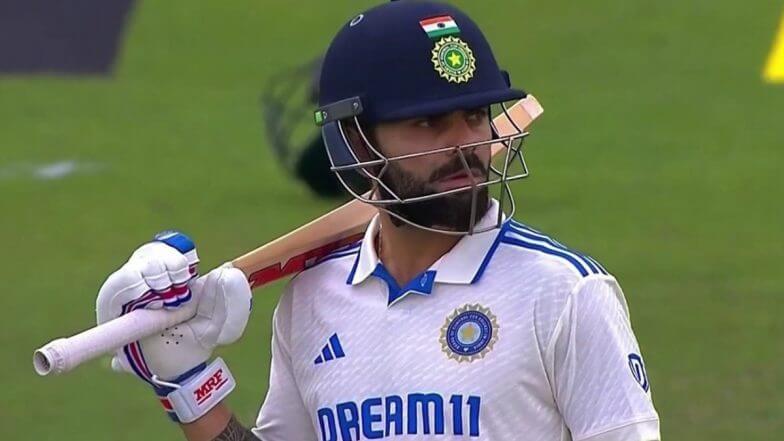
Virat Kohli scripted history as he became the fastest batter in history to get to the 27,000 runs mark in international cricket during his knock on Day 4 of the second Test against Bangladesh in Kanpur. Kohli, who returned scores of 6 and 17 in the first Test in Chennai, followed skipper Rohit Sharma And Yashasvi Jaiswal in the aggressive template to get to 35 runs as he finally reached the milestone after surviving a run-out and stump-out as India took a first innings lead in just the 28th over of the innings.
Virat Kohli scripted history as he became the fastest batter in history to get to the 27,000 runs mark in international cricket during his knock on Day 4 of the second Test against Bangladesh in Kanpur. Kohli, who returned scores of 6 and 17 in the first Test in Chennai, followed skipper Rohit Sharma And Yashasvi Jaiswal in the aggressive template to get to 35 runs as he finally reached the milestone after surviving a run-out and stump-out as India took a first innings lead in just the 28th over of the innings.
Fastest to 27,000 runs
594 innings - Virat Kohli
623 innings -
Sachin Tendulkar
Sachin Tendulkar
648 innings - Kumar Sangakkara
650 innings - Ricky Ponting
Most runs in international cricket
34,357 runs - Sachin Tendulkar (India) in 782 innings
28,016 runs - Kumar Sangakkara (Sri Lanka) in 666 innings
27,483 runs - Ricky Ponting (Australia) in 668 innings
27,012 runs - Virat Kohli (India) in 594 innings*
25,957 runs - Mahela Jayawardene (Sri Lanka) in 725 innings
However, Kohli couldn't stay for long as Shakib Al Hasan in potentially his final Test match got the big wicket. Kohli tried to play an expansive sweep shot but missed the delivery completely as it stayed low and shattered his middle stump. After Yashasvi Jaiswal, KL Rahul became the second Indian batter to score a half-century and he did that at a pretty good rate off just 33 balls.
India will hope to take a lead of 150 runs at least to be able to put pressure on Bangladesh in the second innings as they look to push for a result out of nowhere in the Kanpur Test where two full days of play were lost and only 35 overs were possible on the opening day.
No Comments For This Post, Be first to write a Comment.
Most viewed from Cricket
Most viewed from Sports
AIMIM News
Latest Urdu News
Most Viewed
May 26, 2020
Do you think Canada-India relations will improve under New PM Mark Carney?
Latest Videos View All
Like Us
Home
About Us
Advertise With Us
All Polls
Epaper Archives
Privacy Policy
Contact Us
Download Etemaad App
© 2025 Etemaad Daily News, All Rights Reserved.

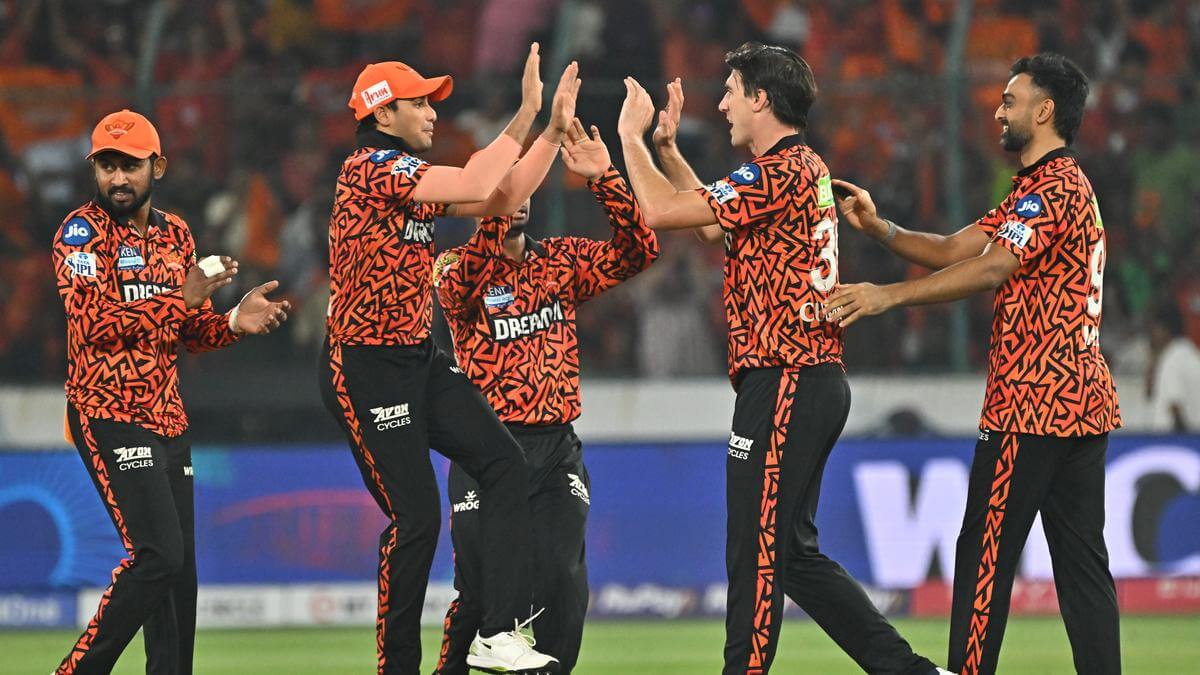
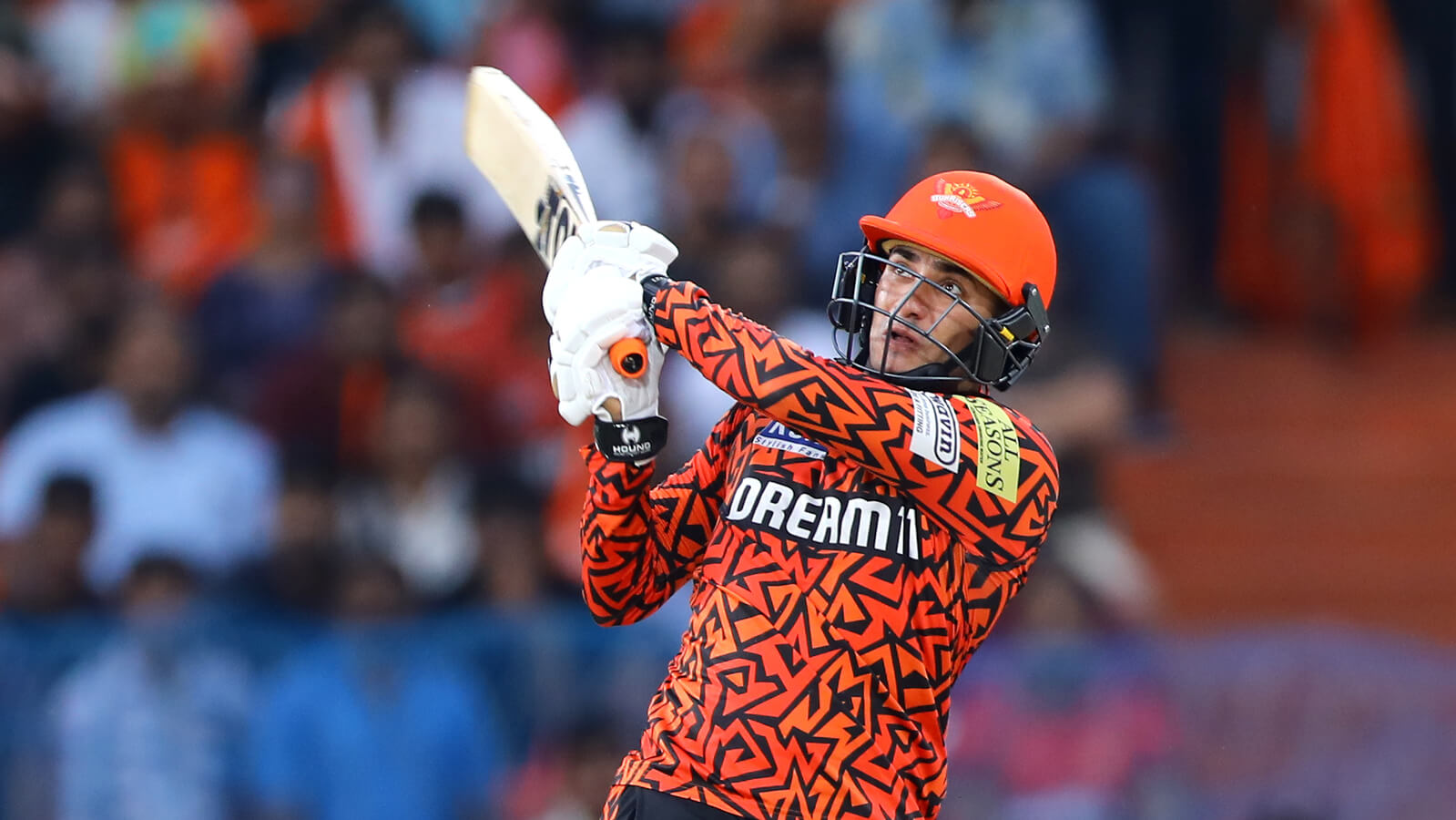
.jpg)
